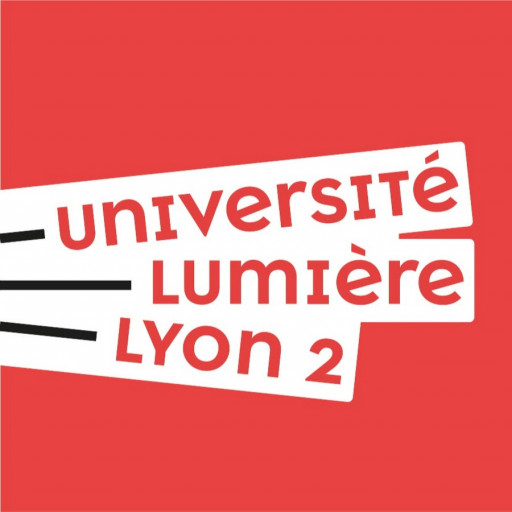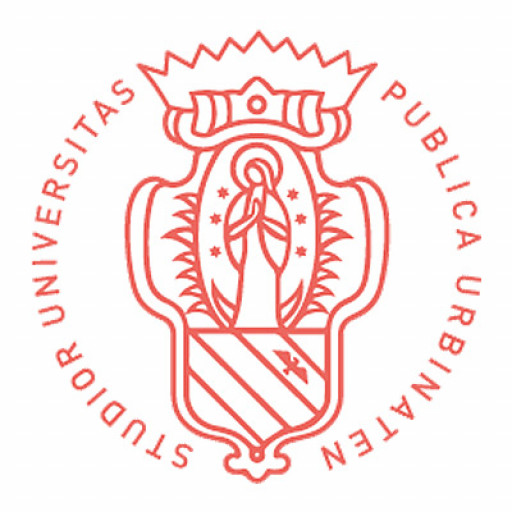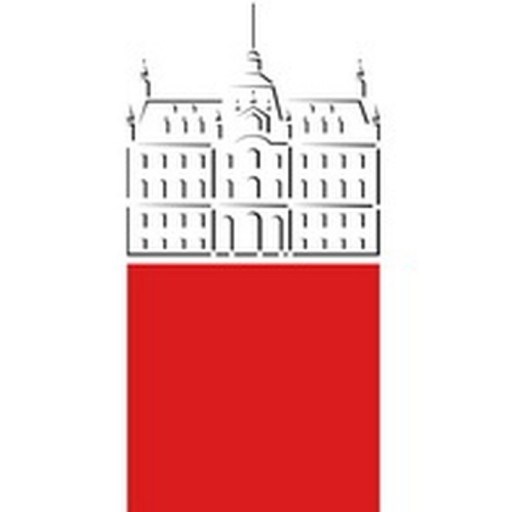Photos of university / #universitelyon2
Advertisement
The primary social and economic value of modern societies is knowledge. For this reason, mastery of Information technology for structured or unstructured information recorded in Datawarehouses, such as the Web, and containing dormant knowledge is indispensable for the development of both the individual and the society.
Data mining and knowledge management (DMKM) has become essential for improving the competitiveness of businesses and increasing access to knowledge. DMKM still comes up, however, against major scientific and technological obstacles. This EMMC´s degree in DMKM proposes specialist training in this field.
The consortium is composed of six universities in four countries: France (University of Pierre and Marie Curie Paris 6, University of Lyon Lumière Lyon 2, Polytec´Nantes), Romania (University Polithenica of Bucharest), Italy (University of East Piedmont) and Spain (Technical University of Catalonia). The Master in DMKM is based on experience in multi-site teaching gained from the Master´s degree in Knowledge Extraction from Data, which has been running since 1999 within three members of the consortium.
In short:
* All common courses will be broadcast via videoconference;
* All courses will be taught in English;
* All class materials will be in English;
* All common courses will be recorded and made available to the students for downloading.
* Each course consists of 40 hours plus 15 hours of individual or collective support provided locally. This assistance will be scientific or pedagogical accompaniment for the students;
The course runs over 4 semesters.
The first semester is devoted to basic training, and includes subjects in mathematics, statistics, databases, etc., whereas the two following ones are devoted to acquire two specialties among six ones, such as Complex Data Mining, Information retrieval, Knowledge acquisition and management, etc.
The fourth semester is targeted to the writing of a dissertation in either a laboratory or a company. Language classes will also be provided to ensure that students integrate as well as possible in socio-cultural terms in the host country. Each student must spend at least one semester in at least two of the four countries.
Students that have obtained 120 ECTS will automatically obtain national Master degrees from the countries in which they have studied. Classes are transmitted via video-conferencing. They are also recorded and accessible online.
We should distinguish:
* Common courses. These are composed of 10 courses: 6 in Semester 1, 2 in Semester 2 and 2 in Semester 3. They are devoted to providing the students with the theoretical and methodological background for the specialties. All common courses will be guaranteed to be multi-localized by the partner universities, through video-conferencing . One teacher or a team can give each course. The courses will be then available to all students independently from the country they live in. In this way, all students will share a common background (same pedagogical content, same teachers and same language with a virtual unity of place). To every course teachers available locally at each university will supply 15 additional hours of tutoring.
* Specialty courses. Semesters 2 and 3 are dedicated to the acquisition by each student of two specialties provided by the partners under the mobility conditions stated below. Each partner gives a specific training related to its own specialties but following the global objective of the programme. In order to avoid course duplication, these semesters offer a total of six specialties including four courses each. The specialty courses are organized locally and not broadcasted using the video-conference technology:
* Semester 2 is associated to the following specialties:
* E-Science, by the University of Paris 6 (UPMC, France);
* Data Mining & Complex system modelling, application in social science, by the University of Lyon 2 (ULY2 France);
* Knowledge and Decision, by PolytechNantes (EPUN, France);
* Semester 3 is associated to the following specialities:
* Statistical Modelling and data mining, by the Polytechnic University of Catalonia (UPC, Spain)
* Relational data mining, by the University of Eastern Piedmont (UPO, Italy)
* Semantic Web, by the University of Bucharest (UPB, Romania)
Want to improve your English level for admission?
Prepare for the program requirements with English Online by the British Council.
- Flexible study schedule
- Experienced teachers
- Certificate upon completion
📘 Recommended for students with an IELTS level of 6.0 or below.

Candidates from all over the world may apply to the Master. However, there are differences between European and Non-European candidates for scholarships.
Third countries students may apply to a category A scholarship (24,000 Euros per year), whereas European students may apply to a category B scholarship (11,500 Euros per year). European students, who send their 4-th semester in a third country, will receive an additional lump sum of 3,000 Euros (just one time, not every year).










